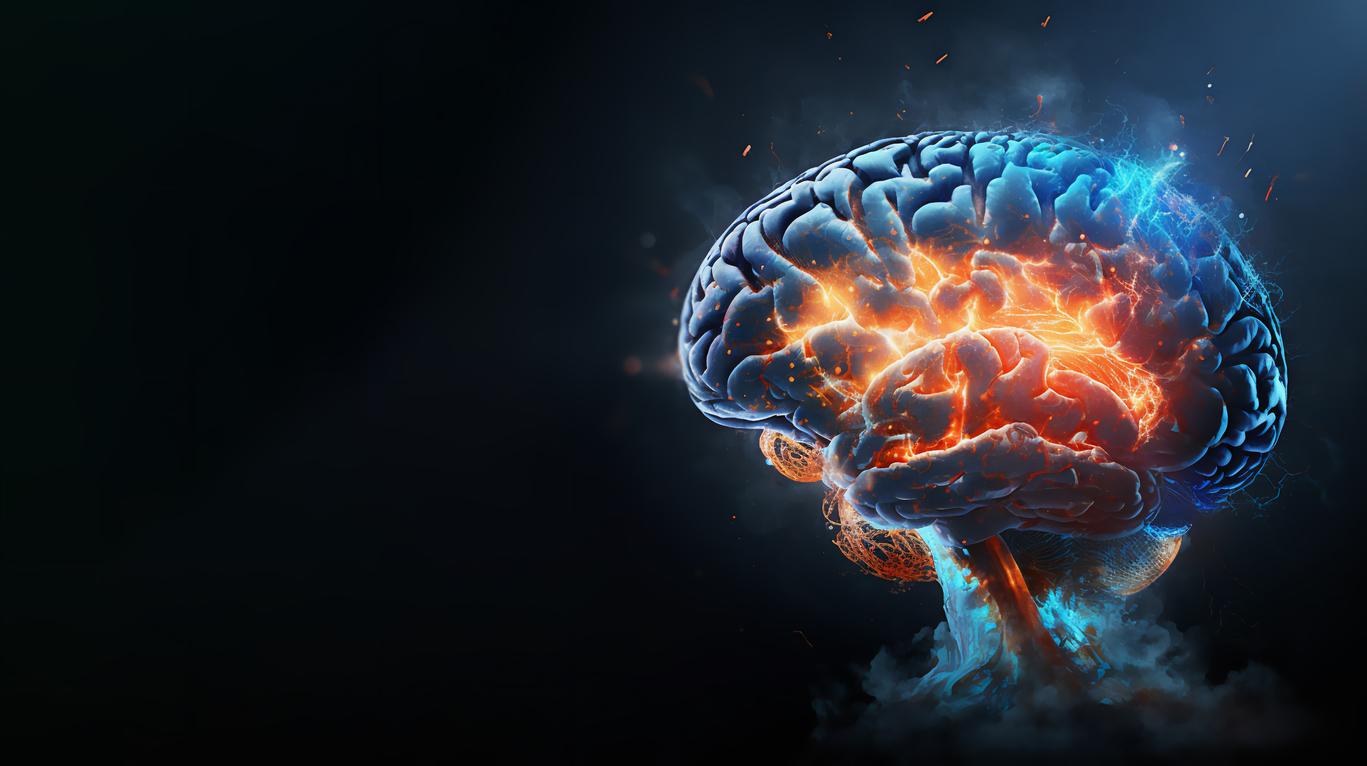Children who have been emotionally neglected by their parents have altered brain circuits. And these effects are passed on to subsequent generations.

- By giving a brain scan to newborns, the researchers found that those whose mothers had been neglected during childhood showed functional connections between areas of the brain involved in the management of emotions and in particular fear.
- However, researchers still do not know the implication of this neural signature on the future behavior of children.
In recent years, the advent of neuroscience has demonstrated, in several studies, the importance of parental love in the brain development of toddlers. A study from 2016 has for example shown that children who received marks of affection and tenderness had a more developed hippocampus.
On the contrary, children who do not receive the love and parental benevolence necessary for their development develop altered brain circuits. And it could even be passed on to their own children.
An alteration of the connections between brain areas
This is what a new study, published in the journal Biological Psychiatry: Cognitive Neuroscience and Neuroimaging. According to its authors, the infants of mothers who had experienced emotional neglect during their childhood showed an alteration in the brain circuits involved in fear and anxiety reactions.
“These findings show that our brain development is not only shaped by what happens in our own lives, but is also influenced by things that happened to our parents before we were even conceived.”explains Cassandra Hendrix, lead author of the work and researcher in the Department of Psychology at Emory University in Atlanta.
The researchers recruited 48 black mother-child pairs from the first trimester of pregnancy. Mothers were asked to complete a questionnaire assessing childhood trauma, prenatal stress levels, anxiety and depression.
Then, a month after birth, the newborns underwent a brain scan, a technique based on magnetic resonance imaging that could be used while they slept. The results showed that babies whose mothers were unloved during childhood had stronger functional connections between the amygdala, which is the center for processing emotions of fear, and the prefrontal cortex and anterior cingulate cortex. two areas playing a key role in the regulation of emotions.
A neural signature of neglect
After controlling for the mothers’ current stress levels, the researchers found that the more a mother had been emotionally neglected during her own childhood, the more strongly her baby’s amygdala was connected to frontal cortical regions. These results suggest that childhood emotional neglect has intergenerational effects on brain structure and function.
However, the significance of this stronger connection remains unclear, the researchers admit. “The neural signature that we observed in one-month-old infants of emotionally neglected mothers may be a mechanism that leads to an increased risk of anxiety, or it may be a compensatory mechanism that promotes resilience in the event that the infant has less understanding caregivers, advances Dr. Hendrix. In either case, the emotional neglect of a mother’s own childhood seems to leave behind a neural signature in her baby that may predispose the infant to more easily detect a threat in the environment almost from birth. Our findings highlight the importance of emotional support from an early age, even for later generations.”
Now, researchers want to follow children longitudinally to understand what these changes in brain function mean in terms of emotional and social development.
.












